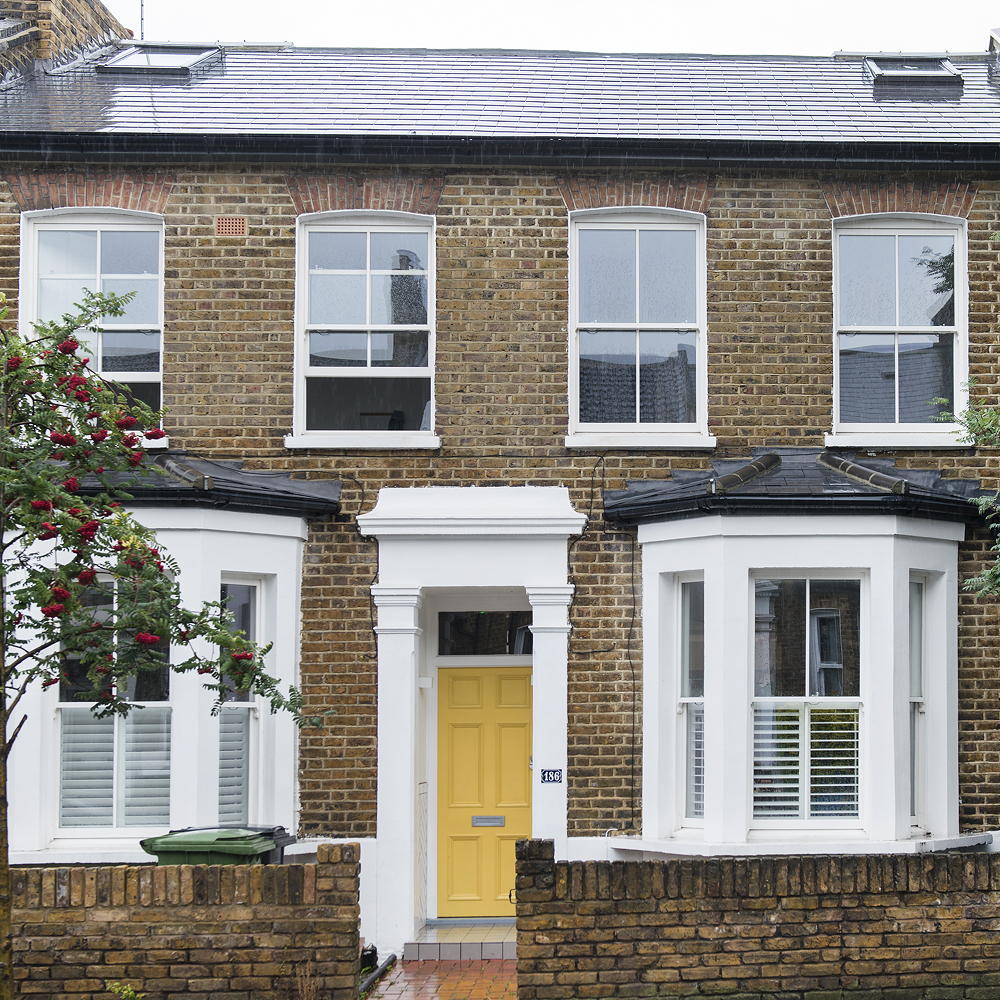The thing that may stop you getting a mortgage – that you probably don't know about
Paying back via bank transfer too often may stop you getting a mortgage – here's why
As if getting getting a mortgage wasn't already difficult, there's one more thing potential applicants should bear in mind – the number of bank transfers you make every month. It may sound unimportant but it could actually stop you getting a mortgage, according to a mortgage expert.
Related: First-time buyer and applying for a low-deposit mortgage? These are 3 things you must do to succeed
Melanie Whiting, Mortgage Manager at Norton Finance, points out that 'it is surprising what can affect a client’s chances of obtaining a mortgage and it isn’t the things you would automatically assume.' So, while most people are aware of the importance of keeping on top of payments, knowing your credit score, and being on the electoral register, they may not be scrutinising their bank transfer behaviours enough.
Not keeping track of your transfers can stop you getting a mortgage

You may have read the recent 'jokey bank reference' scare, where young people are being advised not to put down references to illegal activities such as taking drugs as a joke when transferring money to their friends and family. But can this behaviour really result in a failed mortgage application?
Well, Melanie emphasises that the problem isn't really the jokey payment references (although they can certainly lead to an awkward conversation with your lender), but the number of bank transfers, which suggest to lenders that you're a frequent borrower: 'enders and brokers have to act extremely responsibly when assessing suitability for a mortgage and are looking for a client who is acting in the same manner as this is still generally perceived as a big long term commitment and the consequences for the lenders and customers if they then go on to default is very severe. Customers who generally don’t live within their means borrowing from family or friends regularly with money often being transferred each month with jokey references can ring alarm bells.'

So, it isn't the references you should be worried about, but your spending patterns. Lenders are looking for proof that you are responsible and in control of your finances, so stop letting friends pay for dinner saying 'I'll pay you back later', and pay your share there and then. Remember, 'our whole lifestyles show through our bank statements now as everything becomes more and more online and card based', so i f you want a mortgage, you'll need to make the right impression on the lender
Don't forget to avoid overdrafts – and be honest
Melanie adds that 'customers always living within an overdraft or over their limits can also have the same issue especially if the new borrowing is going to be a higher commitment.' What this means is that even if you only go into your overdraft a tiny bit but it happens all the time, you have poorer chances of getting a mortgage. It's not the amount so much that counts, but the fact that you're constantly overdrawn.
Sign up to our newsletter for style inspiration, real homes, project and garden advice and shopping know-how
Related: Martin Lewis reveals his top tips for getting a mortgage as a first-time buyer

Melanie advises everyone to read their bank statements 'very carefully and ensure monthly spending is kept to a reasonable and responsible level' before applying. Don't assume that the mortgage lender won't notice if there are issues, and be honest rather than telling 'brokers and lenders what they think they want to hear instead of the actual facts as they are and will be in the near future as this is what lenders base their assessments on.'
Anna Cottrell is Consumer Editor across Future's home brands. She moved to the world of interiors from academic research in the field of English Literature and photography. She is the author of London Writing of the 1930s and has a passion for contemporary home decor and gardening.